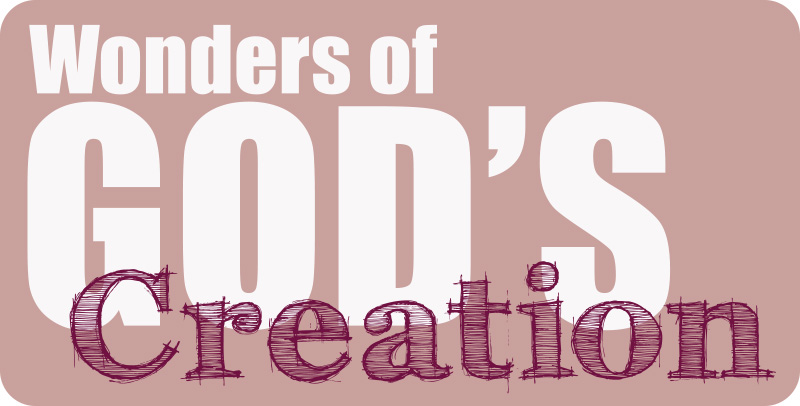
A Monumental Undertaking
I love to visit historical monuments. These landmarks that bring to mind a person, civilization or significant event are windows to the past.
My wife and I once watched the sunrise while sitting on the Great Pyramid of Giza, contemplating the glories of ancient Egypt. Our family has admired the Parthenon in Athens, a monument to the cultural brilliance of classical Greece. We were struck by the military monuments on the D-Day beaches in Normandy, where an Allied victory opened the door to the liberation of Western Europe during World War II. These remarkable moments brought the past to life.
Our English word monument comes from the Latin monumentum, which itself comes from monere, meaning to remind. Monuments are to remind us of something or someone worthy of note from the past. Influential people have sometimes erected monuments to themselves: obelisks, statues, buildings and charitable foundations bearing their names. We hope to be remembered at least fondly, if not with awe, when we’re gone.
Monuments in the Bible?
There are several biblical examples of men setting up monuments. Saul and Absalom erected monuments to themselves (1 Samuel 15:12; 2 Samuel 18:18). Jacob was a great monument maker. He set up a stone pillar as a boundary reminder of a covenant with his father-in-law (Genesis 31:45-49). He placed another stone monument on Rachel’s grave (Genesis 35:19-20).
Jacob also created a special type of monument to commemorate his relationship with God (Genesis 28:18). Moses set up a 12-pillar monument to mark the Sinai Covenant between God and Israel (Exodus 24:4), and he ordered the construction of another such monument to remind Israel of the law of God after they crossed into the Promised Land (Deuteronomy 27:2-4).
A book monument
This is a place of wonder, where one reflects on the history of the Bible, its inspiration and its miraculous preservation. It is unforgettable.
A monumental book
There is a singularly monumental book mentioned in the Bible—a book of names God will not forget. The Creator calls the people whose names are written in it His “jewels” or “special treasure” and promises special care for them. It’s a book in which you and I can have a part!
Malachi 3:16 explains the book and how to be included: “Then those who feared the Lord spoke to one another, and the Lord listened and heard them; so a book of remembrance was written before Him for those who fear the Lord and who meditate on His name.”
Our Father listens in on conversations about Him and His way, between those who have responded to His call. When we respect and obey Him and keep Him foremost in our minds, He graciously inscribes our names in this monument of a book. He will not forget.
That’s worth remembering!
–Joel Meeker
@JoelMeeker



